Incomplete institutions and smart city databases are two major bottlenecks in promoting smart city development in Vietnam.
The Vietnam - Asia Smart City Conference 2024 is taking place in Hanoi (December 2-3, 2024), an opportunity for managers, experts and leading digital technology businesses to discuss and build breakthrough solutions.
With the theme of “Smart City - Digital Economy - Sustainable Development”, this conference is not only associated with three strategic goals but also reflects the main pillars in the strategic vision, “new vision, new global thinking” in the development of the capital Hanoi as well as localities in the region.
The creative role of the State
In the discussion session on “Smart City: Flexible Management and Operation Based on Data”, Mr. Ho Duc Thang, Deputy Director of the National Digital Transformation Department (Ministry of Information and Communications), said: Smart cities are the convergence of many recent breakthrough technologies, such as Internet of Things (IoT), transmission (5G), cloud, big data or artificial intelligence (AI). Smart cities are no longer a new concept to many provinces and cities across the country.
“The implementation of smart cities in Vietnam has been piloted in ministries, branches and localities for about the past 5 years. According to statistics, there are currently about 45 localities that have piloted smart cities, and about 60 localities have deployed at least one application in the field of smart cities,” said Mr. Thang.
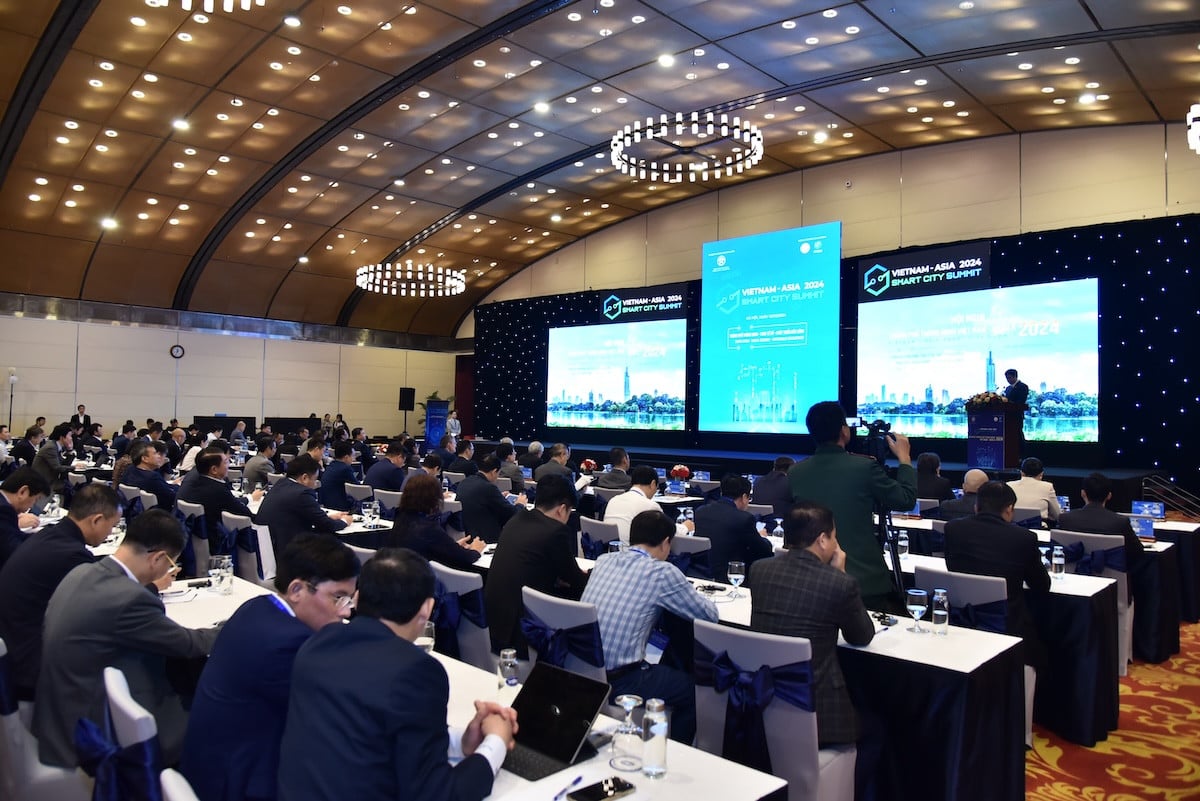
According to the representative of the National Digital Transformation Agency, the implementation of smart cities in Vietnam is facing a number of realities and challenges such as limited data collection and management, inadequate infrastructure, and uneven awareness and capacity of participating parties. However, one of the bottlenecks that needs to be resolved from a state management perspective is to create institutions and mechanisms for smart city development.
“Cities are often ‘hesitant’ when deploying new technology. Therefore, the State needs to have ways to support and promote the deployment of new technology through controlled pilot mechanisms in localities,” said Mr. Thang.
To solve this bottleneck, Mr. Thang said that in the coming time, the role of the State "will shift from hand-holding to creation, focusing on perfecting institutions, in which the immediate issue is institutional issues related to the data market - because holding data will help control important platforms and applications".
Changing the mindset of smart urban development
Also at the discussion session, Lieutenant Colonel Nguyen Thanh Vinh, Director of the National Population Data Center (Ministry of Public Security), said: To adapt to digital transformation, internal changes are needed, as well as the need to eliminate the idea and viewpoint that digital transformation will encounter difficulties due to legal issues. In particular, there needs to be a specific roadmap to gradually build and perfect the digital transformation system, before "building, constructing and perfecting each piece according to the roadmap to create a complete, overall picture".
According to Lieutenant Colonel Vinh, bottlenecks are a common problem for all provinces, ministries and sectors. For example, most ministries and sectors have not yet created a shared database, so people in localities do not benefit from this resource.
Agreeing with the above opinion, Mr. Cu Kim Long, Deputy Director of the Information Technology Center (Ministry of Science and Technology) suggested: "It is necessary to pay attention to data connectivity between infrastructures, not only at the city level but also at the national level, between provinces and cities".
Mr. Long also emphasized the need for a testing mechanism when deploying digital infrastructure, in which the testing mechanism requires consensus not only from the city but also from the Central Government.
Also at the discussion session on the afternoon of December 2, representatives of the Department of Information and Communications of Ho Chi Minh City and Da Nang shared specific local experiences in managing and operating smart cities based on data.
Ms. Vo Thi Trung Trinh, Director of the Ho Chi Minh City Digital Transformation Center, emphasized the determination of the leader and the synchronous implementation from the government, businesses and people. Meanwhile, Mr. Tran Ngoc Thach, Deputy Director of the Department of Information and Communications of Da Nang shared about the roadmap for building a smart city, starting from the database foundation and effectively exploiting data.

Source: https://vietnamnet.vn/thao-go-diem-nghen-the-che-de-thuc-day-phat-trien-do-thi-thong-minh-2347826.html








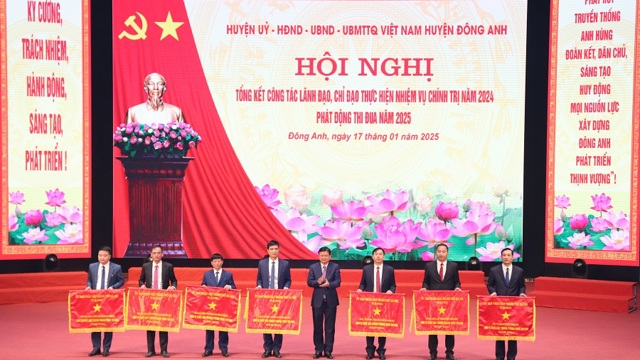

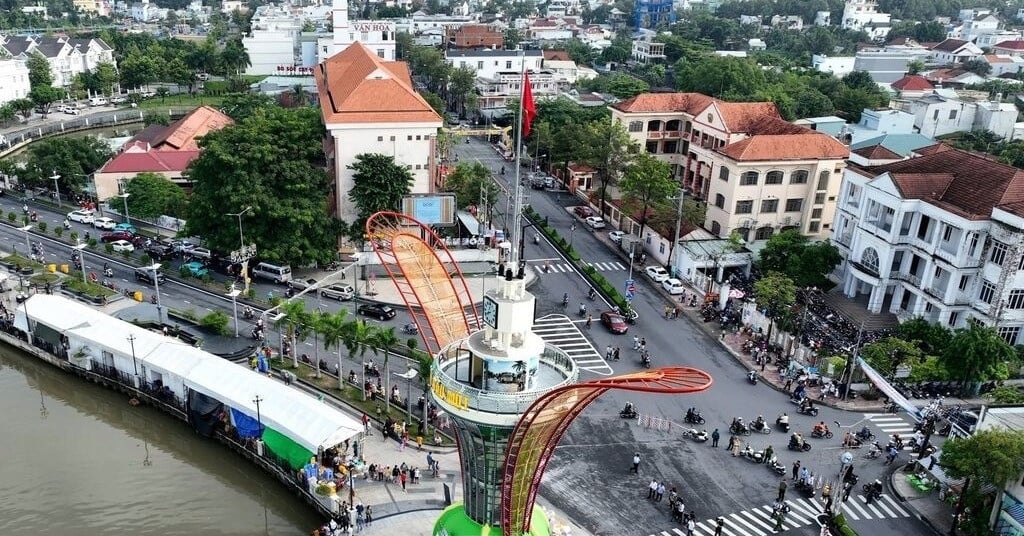
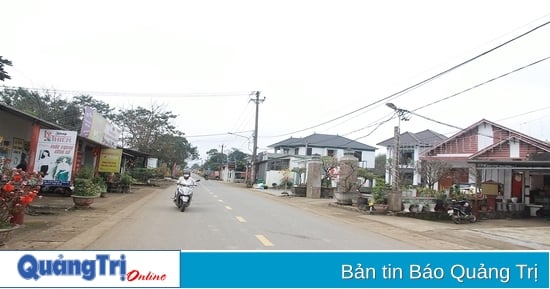


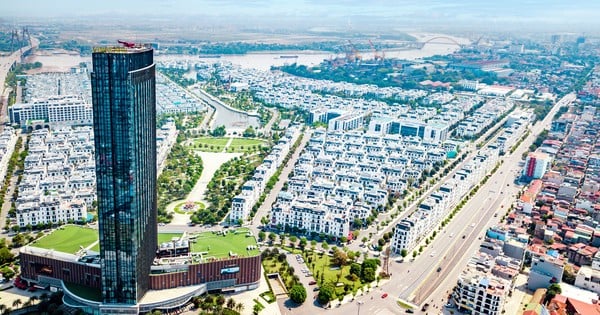



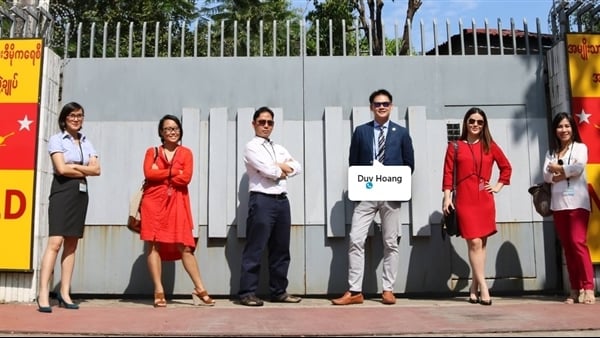











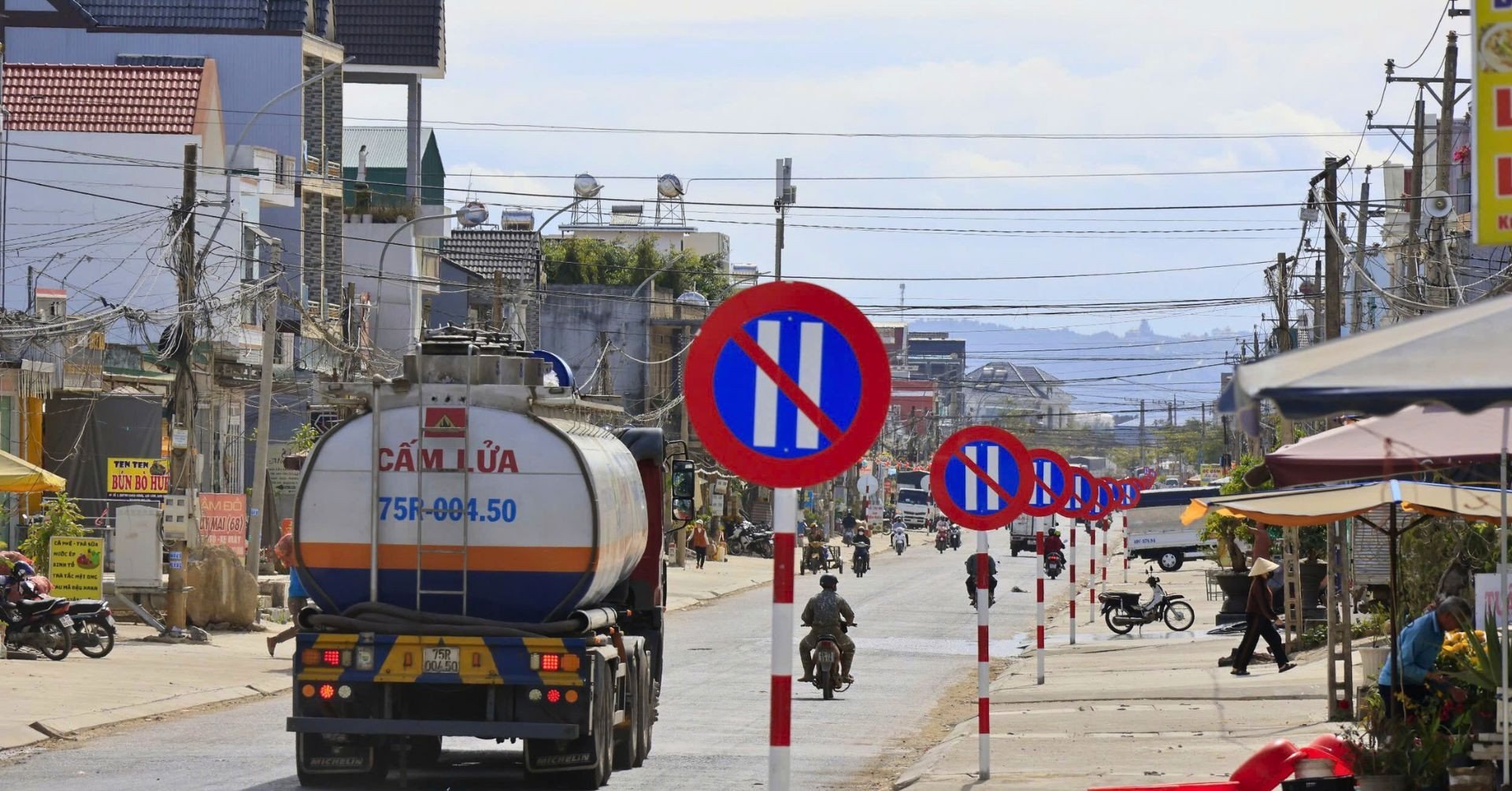
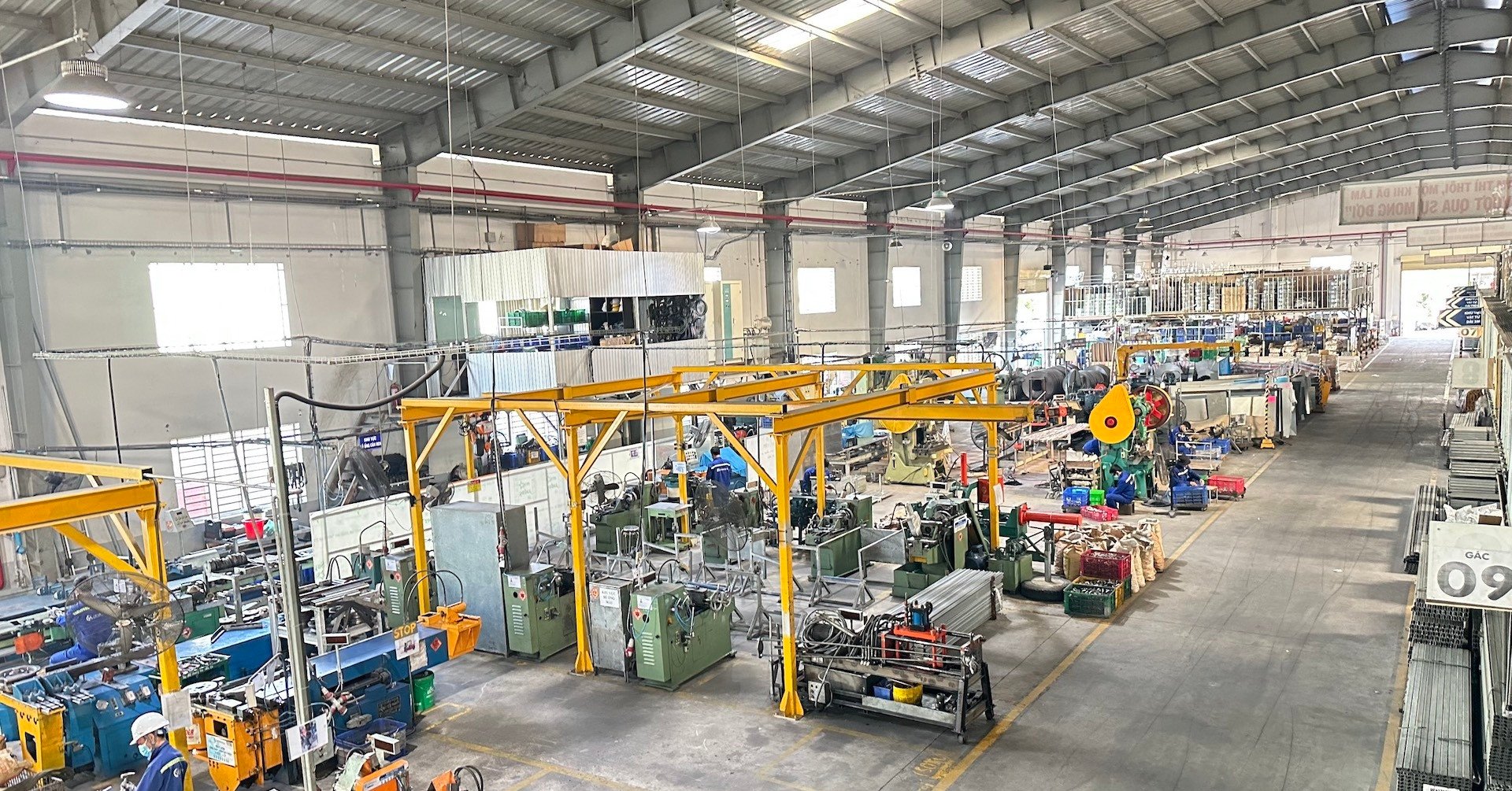

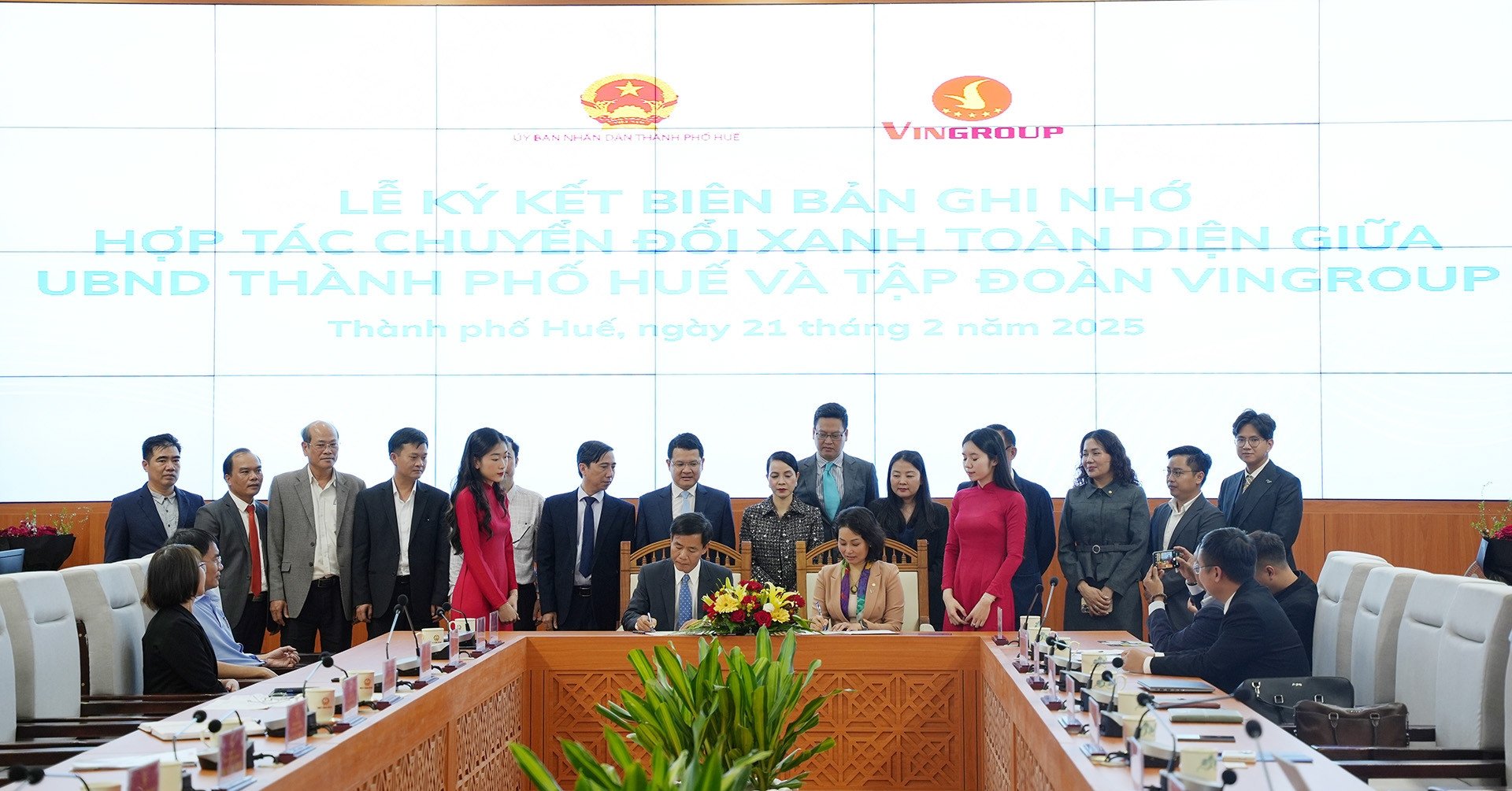











Comment (0)